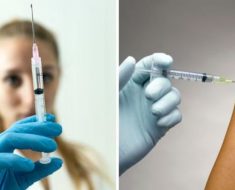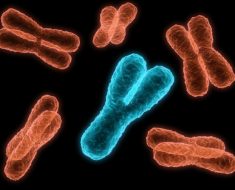

America's rates of loneliness, which surged during the pandemic, are starting to fall back down.
Catch up quick: 17% of surveyed Americans experienced loneliness "a lot of the day yesterday," per a new Gallup report. That's down from a high of 25% amid COVID lockdowns.
Why it matters: Loneliness is not just a feeling. It has real consequences for your health and can shorten your life.
- And pandemic-induced loneliness hit Americans from all walks of life, including older adults who had to isolate themselves to protect their health, kids who stayed home from school, and young professionals who moved back home to live with their parents.
Encouraging stat: One of the steepest drops in rates of loneliness occurred among adults 65 and older, many of whom had to spend months — or years — in isolation during the height of COVID.
Reality check: While loneliness is trending down overall, it's still high among certain groups, including young adults (24%) and lower-income adults (27%).
- There's overlap between young and lower-income adults, and they're more likely to be single and childless than their older, richer counterparts, which are two factors that contribute to loneliness, Gallup notes.
The bottom line: As more and more Americans return to normalcy post-pandemic, the loneliness crisis is also showing signs of abating.
This article originally appeared in Axios Finish Line, our nightly newsletter on life, leadership and wellness. Sign up here.
Source: Read Full Article





